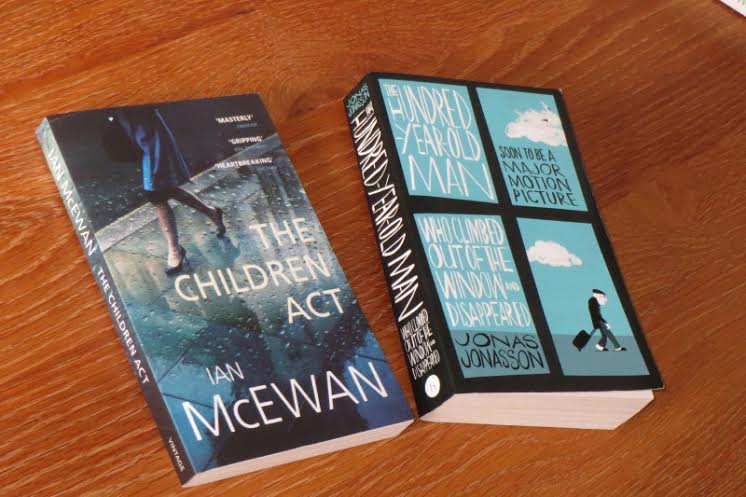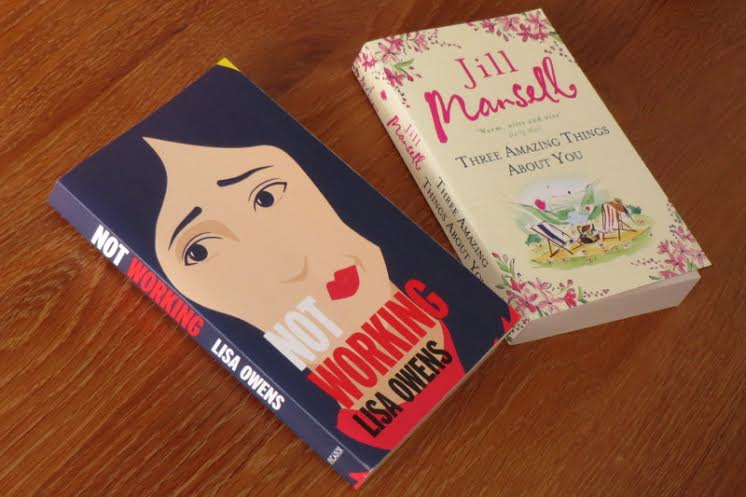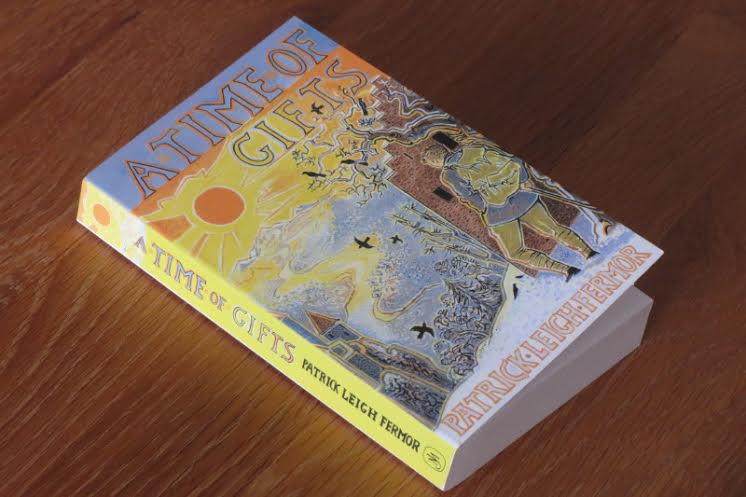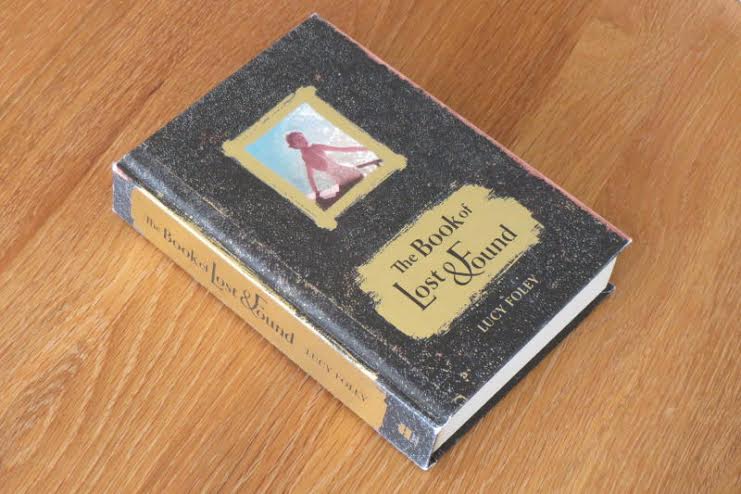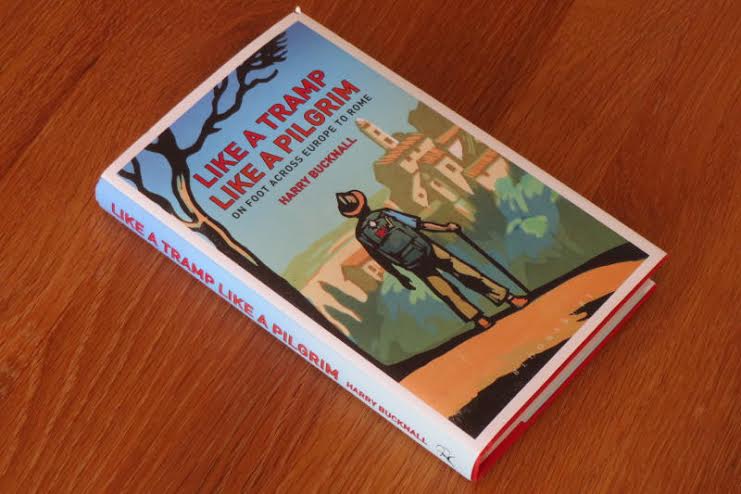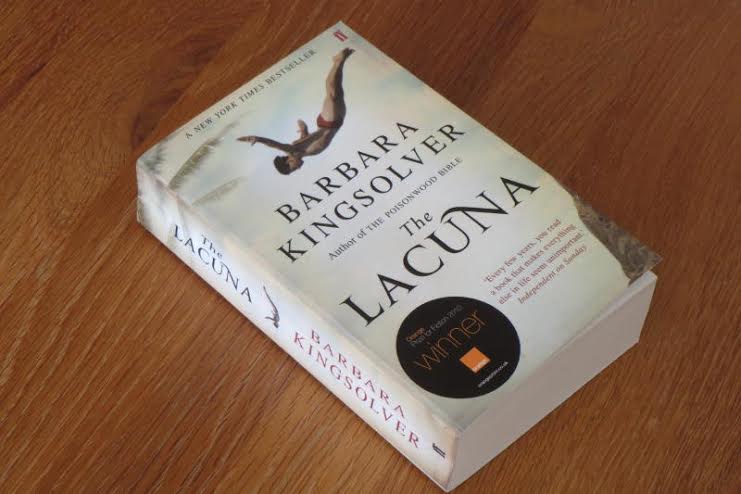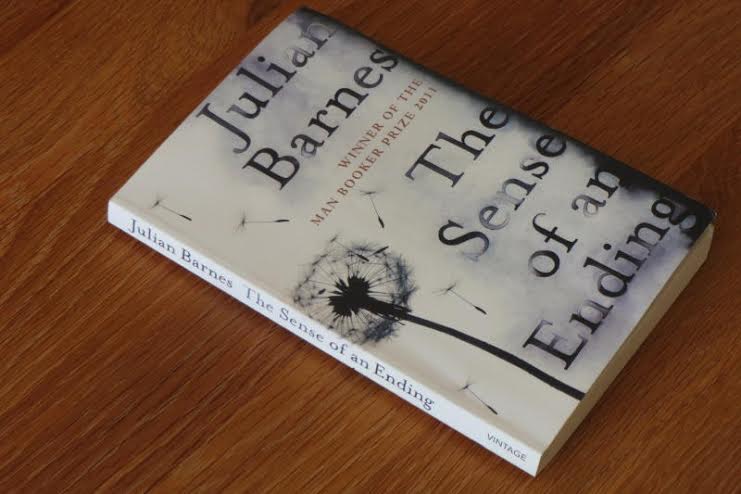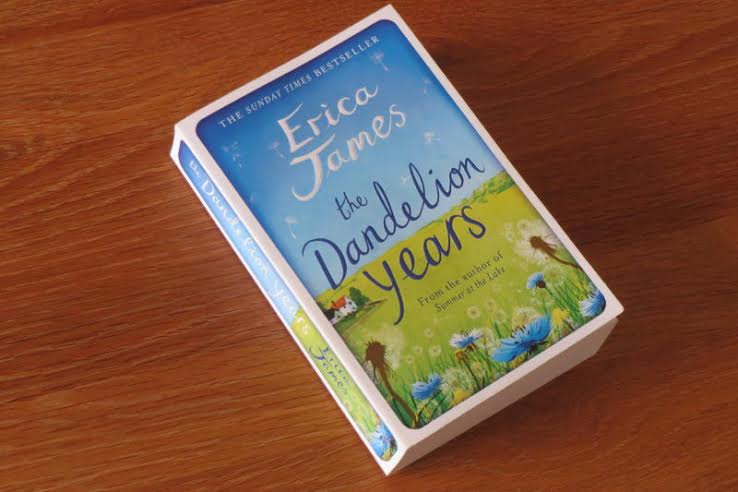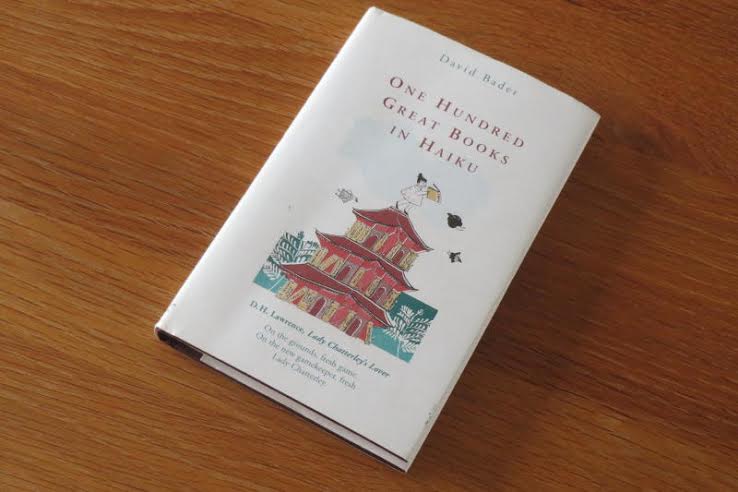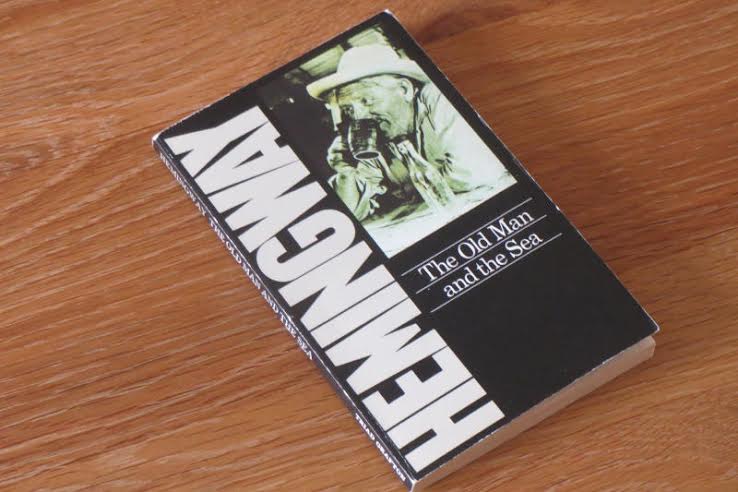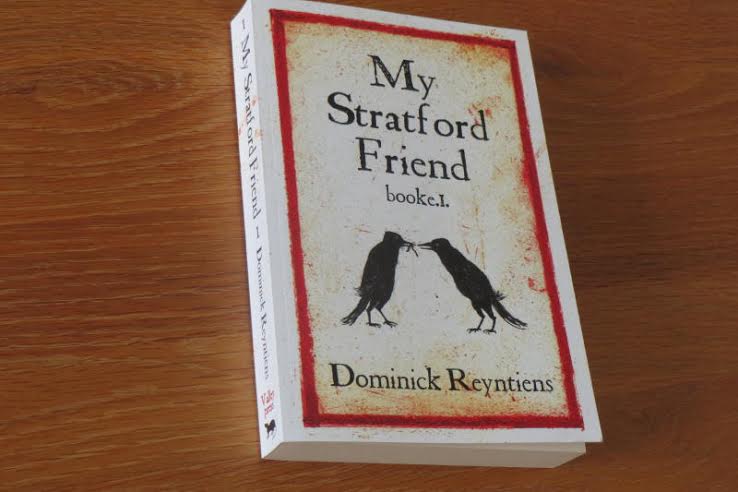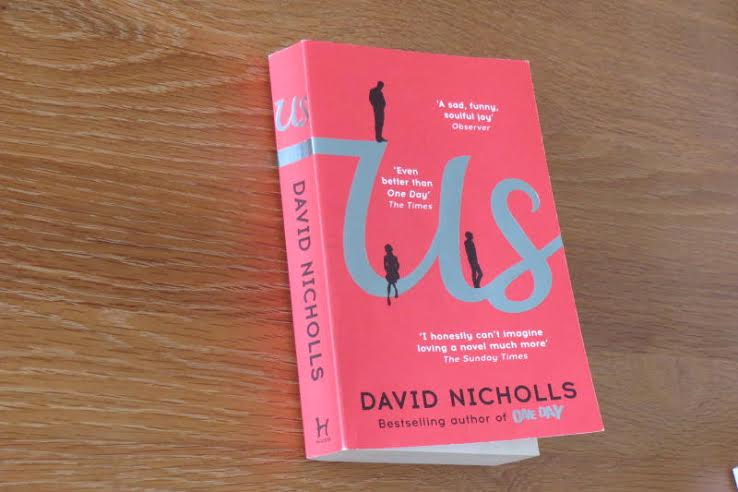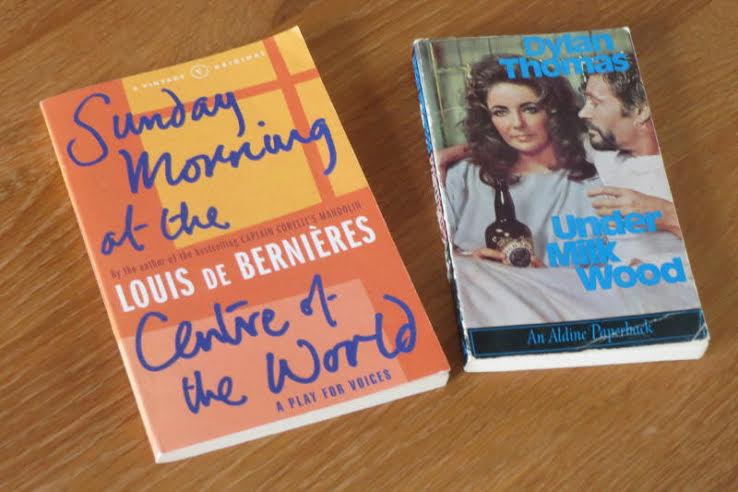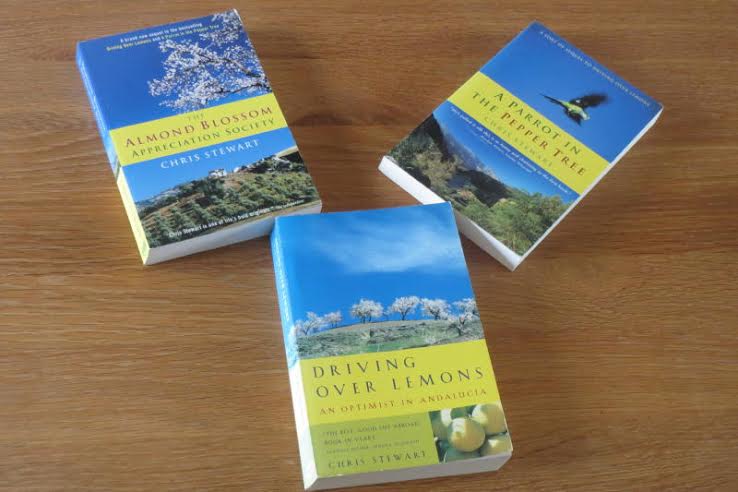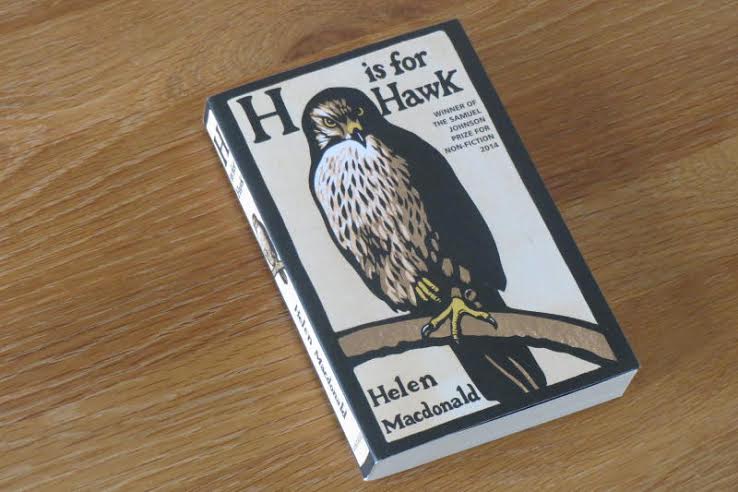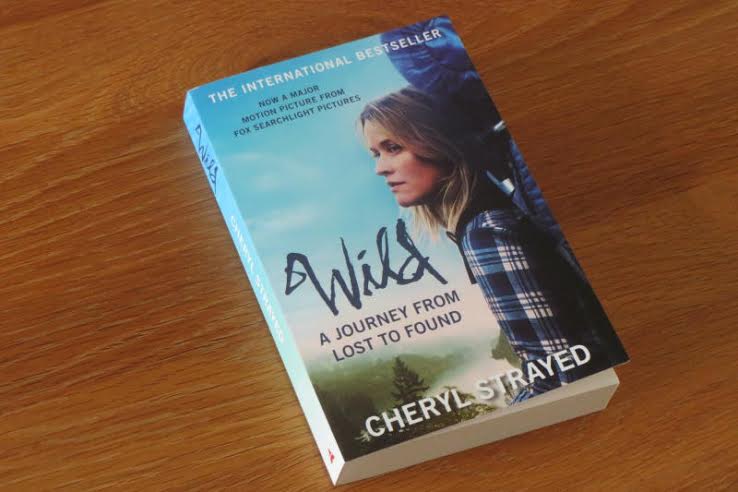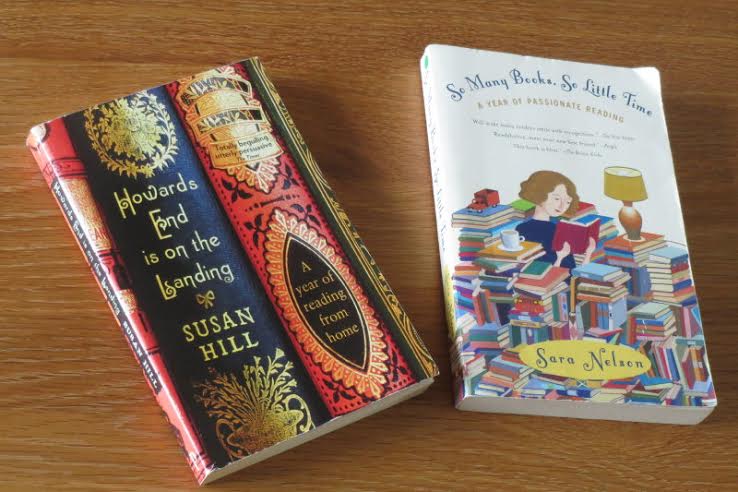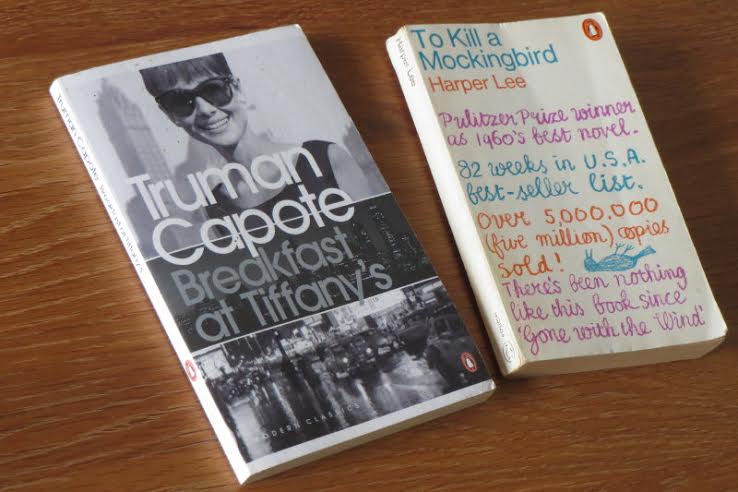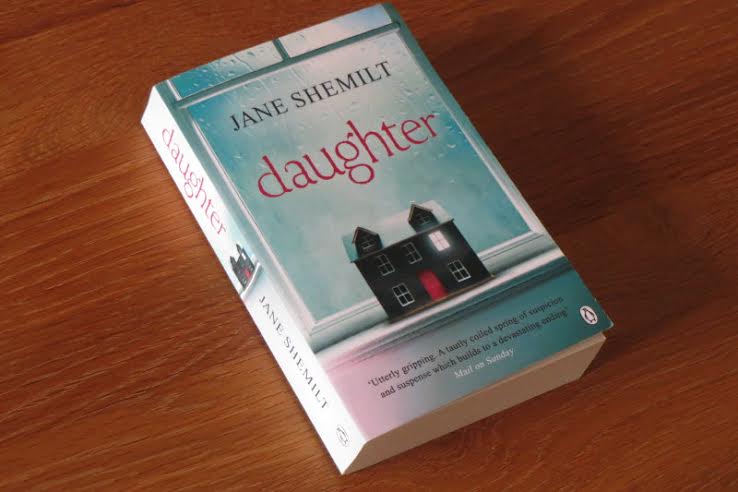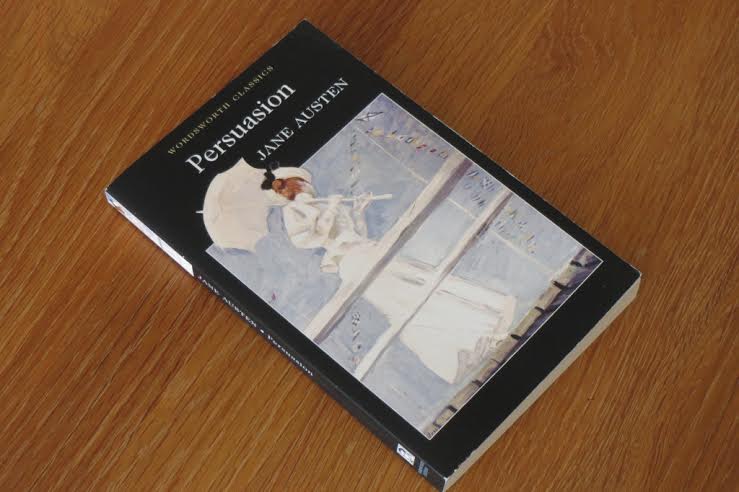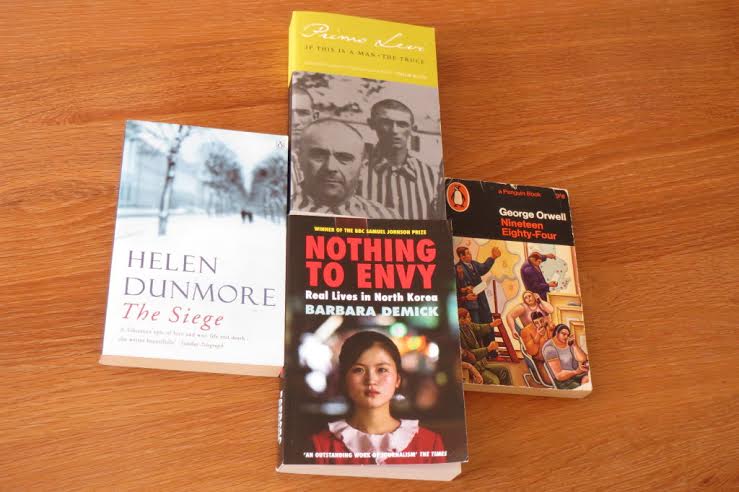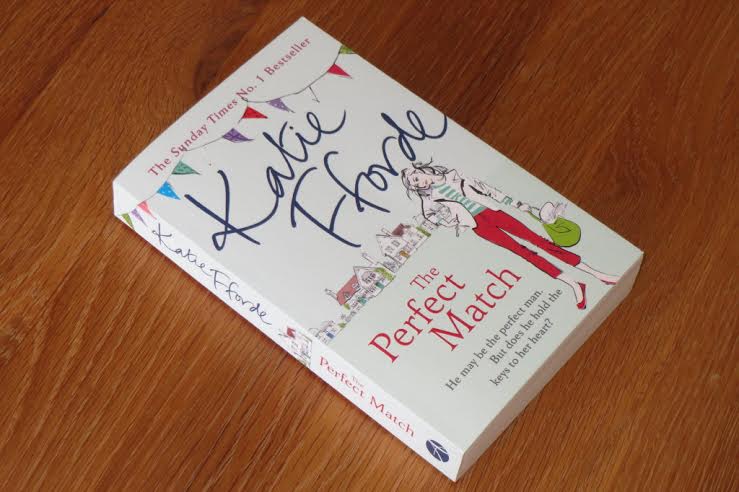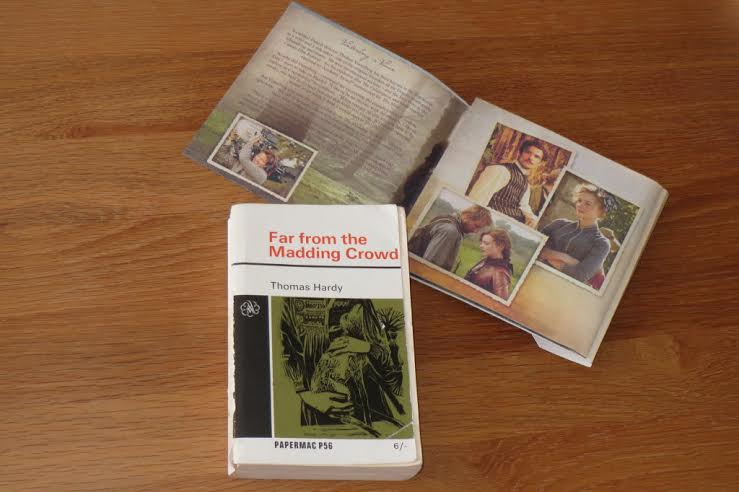The Secret of the Cathars by Michael Hillier (published Matador 2015) is the first of a new trilogy of books based on the history of the Cathars, a medieval French religious sect. Lots of different groups of people hunting for various treasures and all a little bit confusing with quite a few loose ends by the end of the book though no doubt that is at least in part because books two and three are still to come. I think I will read them – it was a good enough plot to hold my interest and I do want to know how it all works out. 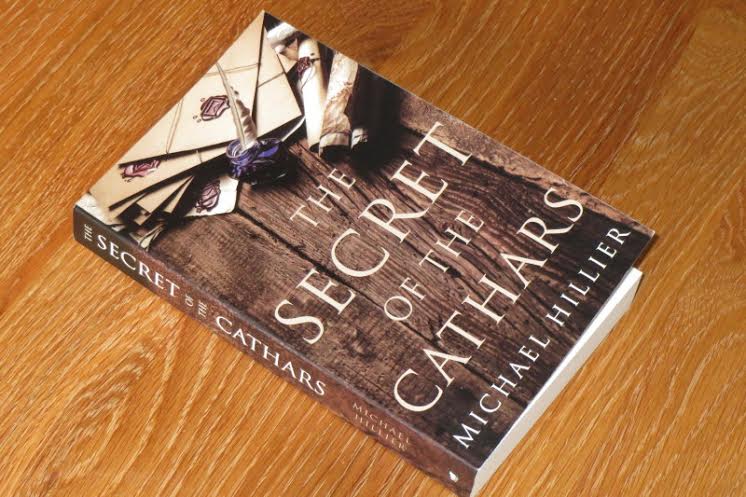
Ian McEwan is one of my favourite authors and his latest book The Children Act (Vintage 2014)didn’t disappoint, although at the same time it didn’t quite measure up to my absolute favourite, On Chesil Beach. The Children Act tells the story of Fiona, a high court judge who is going through a personal crisis at the same time as being called on to make a hugely important judicial decision. McEwan’s fascination with judicial issues, with music and poetry, and with the moral conundrum of how far you place your religious beliefs above the life of someone you love, all feature in this book which will leave you thinking long after you have finished it.
The 100 year old man who climbed out of the window and disappeared by Jonas Jonasson (Hesperus Press 2012) has been recommended to me by several people over the last few years but I never quite got round to reading it. But now I have and I’m very glad indeed. The book tells the story – obviously – of the 100 year old man who climbs out of a window of his care home and has a succession of adventures with an ever-growing group of people. At the same time as we progress through these escapades we are told stories about the rest of his life. It’s absurd, ridiculous, incredible and very funny indeed. And it has in passing a lot to say about the twentieth century, its events and many of its main characters, and also about the treatment of the elderly.
Not Working by Lisa Owens (Picador 2016) was another quick read. Easy (because it is told in bite-size chunks) to pick up and put down in between enjoying a house full of Christmas visitors. It’s the story of Claire who decides to take some time out from work to decide what she really wants to do with her life. The ending was disappointing, I thought. It sort of fizzled out as if the author couldn’t quite work out how to finish it more definitively. I enjoyed it though – I empathised with the main character and I liked the mix of humour and more serious issues.
Jill Mansell has long been an author I turn to when I want something light and cheerful. Three Amazing Things About You (Headline 2015)is her latest book and I thoroughly enjoyed it as I knew I would, though I have to admit there were parts which were definitely not happy-ever-after. A sensitive handling of some of the issues resulting from chronic ill health, and from the need for transplants. But the happy ending I hoped for was definitely there.
I thought long and hard about my final choice for this month – and indeed this year – and eventually settled on The Time of Gifts by Patrick Leigh Fermor (paperback edition re-issued John Murray2004) which was given to me by my elder daughter and fellow obsessive reader. I knew as soon as I read the introduction that it was going to work for me – not only did I discover the source of the title of another book I read and enjoyed this year (Like a Tramp, Like a Pilgrim), but there was also a quote from George Herbert, the poet I recommended last month. Very serendipitous! The author tells the story of a walk he took as a teenager from Rotterdam to Istanbul in the 1930s. But he wrote the book in the 1960s so has the benefit of hindsight and far more knowledge than he had at the time of the walk. It’s crammed full of historical, geographical and cultural information and you can learn so much from it. Or you can just read it and allow the beauty of the language to wash over you. It’s a wonderful book.
So here I am at the end of my year of reading. Total of books read = 63. And conclusions drawn? I love variety and I love to read all sorts of books, I admire good and original literary fiction, and – somewhat to my surprise – have become aware during the year that my absolute favourite genre is travel writing. I also know that even if I reach the grand old age of 105 as my wonderful great-aunt did earlier this year, I will never be able to read all the books I want to read. Life is, quite simply, always going to be too short.
Where do I go from here? Not sure yet, but the possibilities are endless – and the prospect so exciting. I can’t wait.
All books available from www.amazon.co.uk

